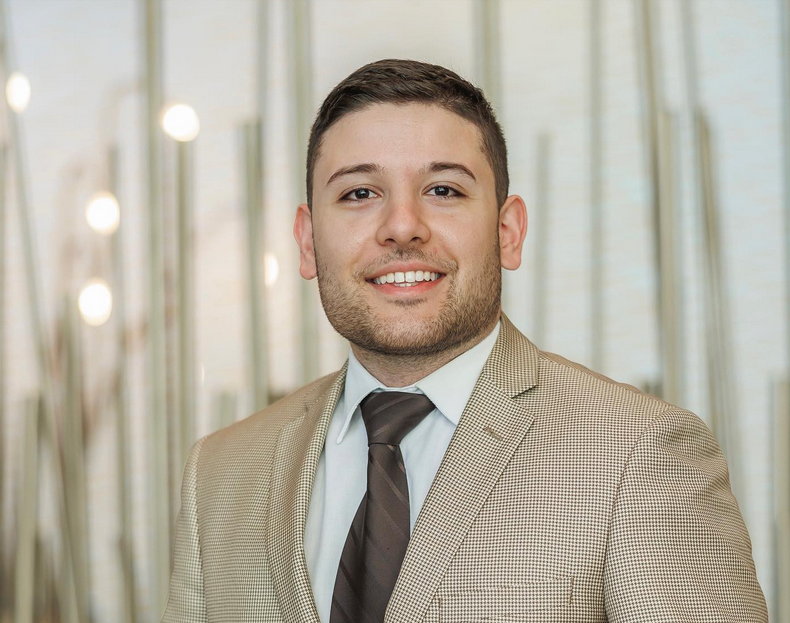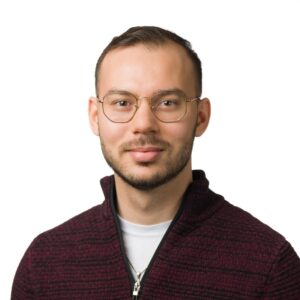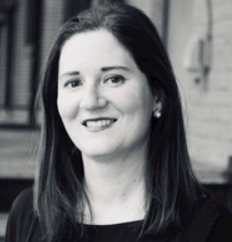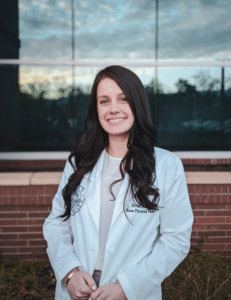Interview with Rawhi Said
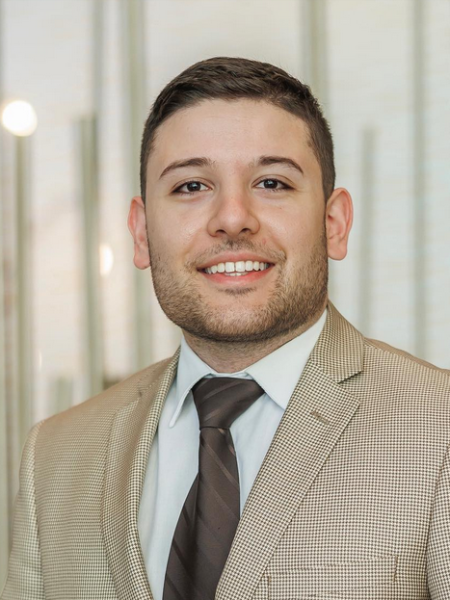
Rawhi Said, MBA, is the program director for the Office of Education Diversity, Equity and Inclusion at the Mayo Clinic. In 2014, Said graduated with a Bachelor of Science from Winona State University. In 2019, he graduated with a Master of Business Administration from Saint Mary’s University of Minnesota. He has led multiple initiatives surrounding diversity, equity, and inclusion by connecting businesses and people from diverse and unique communities.
Can you describe your occupation, including your title, industry, duties, and the impact that your actions have in your field?
I currently hold the position of program director at the Office for Education Diversity, Equity and Inclusion at the Mayo Clinic College of Medicine and Science. My role primarily involves developing and implementing programs that promote diversity and inclusion within the medical education framework. This includes mentoring students from diverse backgrounds and enhancing their educational experiences. My work not only fosters a more inclusive learning environment, it prepares future healthcare professionals to become more culturally competent and equipped to serve diverse populations.
How did you get your start in your industry?
As the child of immigrants, with my father being a pediatric surgeon, I adopted the expectation that I would become a medical doctor of some sort. I found myself on this path, but in my second year of medical school at the University of Zagreb, I realized that this wasn’t my dream; it was a dream others had for me. I came to understand that my definition of success was different from what my parents defined for me.
Once I realized that I no longer wanted to be a doctor, I returned to the United States and took up a job at a local non-profit organization as a community health worker. In this role, I helped underrepresented folks in the Southeast Minnesota community navigate the healthcare system. I developed a passion for addressing inefficiencies and barriers to equity within established systems.
At this non-profit, I was promoted to a managerial position, during which I worked closely with people from different sectors, including healthcare, manufacturing, education, retail, and banking. While collaborating with these workers, I learned that these starkly different sectors all suffered from the same issue: inequitable and inaccessible systems.
One project in particular helped catapult my work. Working closely with the state of Minnesota on a grant known as “Whole Family Systems,” I addressed tech disparities affecting refugee and immigrant families, specifically families with young children. I carried out this project during the peak of the COVID-19 pandemic. When the community caught word of the work I was doing, they nominated me for the Virginia B. McKnight Award, the most prestigious non-profit award in Minnesota.
Not too long after receiving this award, I joined Mayo Clinic as the Program Director of DEI in the Office of Education, Diversity, Equity and Inclusion. My years of experience and dedication to addressing inequities in healthcare ultimately led me to the number one hospital in the world.
What steps have you taken over the years to advance in your industry?
Throughout my career, I have taken several strategic steps to advance in the field of education and diversity. I have pursued continuous professional development through workshops and certifications focused on inclusive teaching practices and program evaluation. Additionally, I have actively sought leadership roles within professional organizations dedicated to diversity in education, allowing me to expand my network and influence within the industry. Collaborating with colleagues on pathway programs related to educational equity has also been instrumental in establishing my expertise in this area.
How has working in DEI strengthened your connection to the Bosnian diaspora community?
The Bosnian community has and always will be a part of my identity. I truly believe that both our domestic and diaspora Bosnian communities have been overlooked locally and on an international level. I find my definition of success as championing the culture, people, and country from which I come. What this means is actively having a pulse on what is going on in my community so that when opportunities present themselves, I am able to highlight and shed a spotlight on issues that need to be addressed, ultimately allowing me to make a positive change for the Bosnian community.
What aspects of your industry have you made more accessible to the Bosnian community?
In my industry, I find myself a bridge builder of sorts, one who provides Bosnians with tools that they can use to achieve their goals. While I’m only a small part of this work, I recognize the imperative nature of it. I meet with and mentor aspirational students wishing to go to medical school. I also help champion learners by providing resources on aid like scholarships. By investing in the diaspora this way, we can create a more successful generation of Bosnians.
What has been a memorable project for you, and what did it teach you?
I loved developing a mentorship pathway program designed to support underrepresented students across various career pathways. This initiative emerged from a recognition of the challenges faced by these students, who often encounter barriers not only in their academic pursuits but also in navigating the complexities of different professional fields. By creating a structured mentorship program, we provided these students with guidance, resources, and encouragement, fostering an environment where they could thrive regardless of their chosen career. The program paired students with experienced mentors from a diverse array of industries, enabling them to gain insights into both academic and professional aspects of their respective fields, thereby creating a supportive network that extended beyond traditional educational settings.
During this project, I learned firsthand the critical importance of building strong mentor-mentee relationships that are founded on trust and mutual respect. Each mentor-mentee pairing was carefully considered to ensure compatibility in terms of interests and career goals. This personalized approach allowed mentees to feel valued and understood, which is essential for effective mentorship. Regular check-ins and feedback sessions were integral to the program, enabling mentors to adapt their guidance to meet the evolving needs of their mentees. Witnessing the growth and development of these students as they navigated their educational journeys reinforced my understanding that mentorship is not just about imparting knowledge; it is about fostering confidence and resilience.
The success of this mentorship program highlighted the urgent need for tailored support systems that address the unique challenges faced by diverse student populations. Many participants reported feeling more empowered and equipped to tackle both academic challenges and personal obstacles after engaging with their mentors. The positive feedback we received underscored the transformative power of mentorship when it comes to enhancing academic performance and building a sense of belonging within various professional communities. This experience has solidified my commitment to advocating for inclusive educational practices and has inspired me to continue developing initiatives that empower underrepresented students in their pursuit of careers across a wide range of industries.
What advice do you have for Bosnian-American professionals who want to join your industry and succeed like you?
If you dive head-first into knowledge and define your “why,” everything else will fall into place. Your definition of success should ignite from within, not be dictated by external validation or societal norms. As Bosnians, we carry the monumental and tremendous responsibility of preserving our culture, tradition, and history, but we must also embrace change. Change is where growth happens. More importantly, growth can lead to discomfort. It’s in those moments of unease when we truly learn and evolve. Whatever you aspire to achieve in life, make sure it challenges you and aligns with your core purpose. I will leave you with what my late grandmother used to say to me: “Sine, ne završavaju pametni nego uporni.” In other words: it’s the persistent who prevail.

